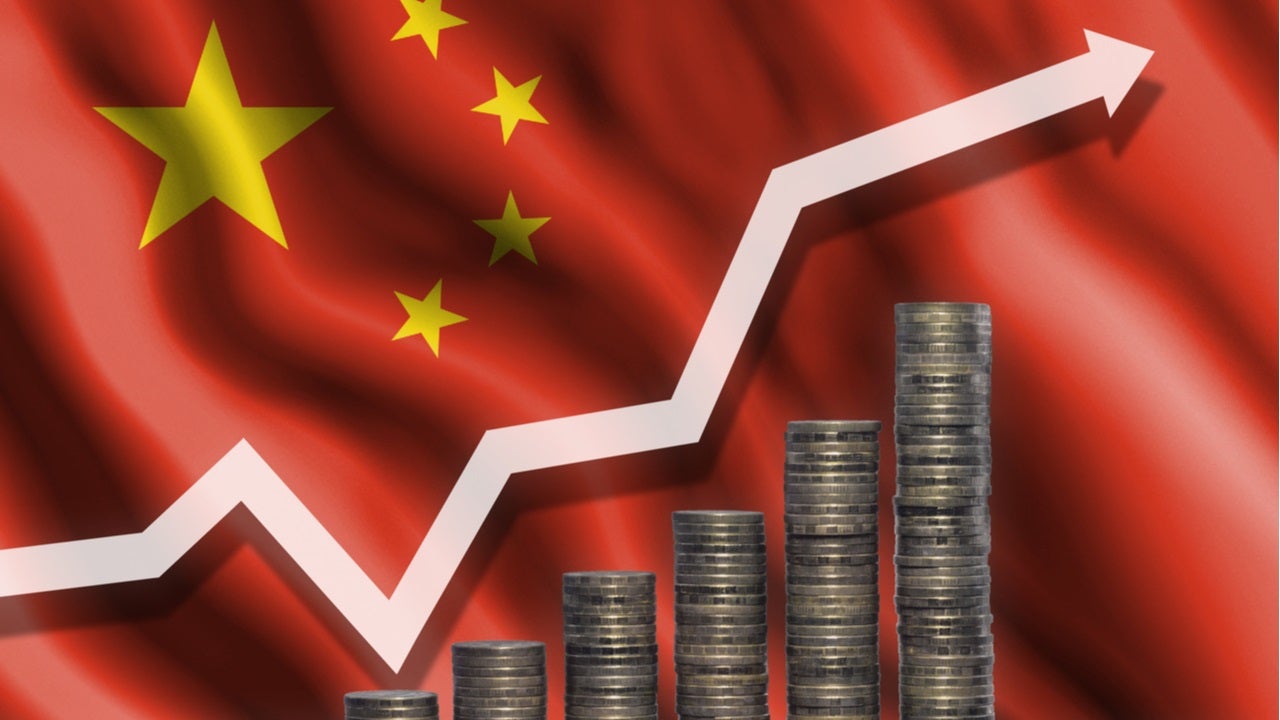
China’s economy was earlier predicted to contract but new estimates show that the country may post growth during the year. This growth, however, may not result from the usual exports but rather domestic consumption. Macroeconomic influencers share their views on the Covid -19 impact.
Ray Fisman
Ray Fisman, economics professor at Boston University, shared an article on how China is the only G20 country expected to witness a positive economic growth in 2020, according to the Organisation for Economic Cooperation and Development (OECD).

Discover B2B Marketing That Performs
Combine business intelligence and editorial excellence to reach engaged professionals across 36 leading media platforms.
The OECD has revised its forecast for China’s growth to 1.8% from the previous forecast of 3.7% contraction in June. China has brought the coronavirus outbreak under control and has been able to reopen businesses enabling a quicker economic rebound than previously expected.
China’s recovery, however, will not be a driver for global growth as the country’s economy is now more dependent on domestic consumption rather than exports. The OECD also noted that the global economy is slowly moving towards recovery as household spending on consumer durables increased.
1/11
There is a very important point buried in this article. In June the OECD (like many others) calculated that China’s GDP would shrink sharply in 2020 – by 3.7% in their case. They are now projecting that it will grow by 1.7%. https://t.co/l5EIPChzUH— Michael Pettis (@michaelxpettis) September 17, 2020
 GlobalData Strategic Intelligence
GlobalData Strategic IntelligenceUS Tariffs are shifting - will you react or anticipate?
Don’t let policy changes catch you off guard. Stay proactive with real-time data and expert analysis.
By GlobalData
Howard Archer
Howard Archer, chief economic advisor to EY ITEM Club, tweeted on the monetary policies announced by the Bank of England during the September meeting. The bank aims to keep interest rates at 0.1% and keep targeted stock of asset purchases at £745bn.
#UK monetary policy – #Bank of England keeps keeps interest rated at 0.10% & the targeted stock of asset purchases at £745 billion both as a result of 9-0 votes within the Monetary Policy Committee at their September meeting #BankofEngland #BOE #interestrates #QE
— Howard Archer (@HowardArcherUK) September 17, 2020
Jeffrey Dorfman
Jeffrey Dorfman, Georgia’s state fiscal economist, shared an article on how the unemployment claims in the US may be over counted. Unemployment claims have been used as indicators for the unemployment rate in the US economy, but these claims may be plagued with errors and double counting, the article noted.
Experts believe that the fraudulent claims for unemployment insurance as well as the number of people receiving payments under the Pandemic Unemployment Assistance programme may overstate the true unemployment numbers by millions.
The ways in which the data is collected from different local and state unemployment offices also contributes to the miscalculation of the actual unemployment figures, the article noted. Although the official figures may still overstate the number of people unemployed, it may also underestimate the number of people whose livelihoods have been impacted by the pandemic.
Why unemployment numbers (like those being released in five minutes) don’t mean what you think they do, via @NYTimes #EconTwitter #knowyourdata #dataarenotfacts https://t.co/HkHPwwlqSC
— Jeffrey Dorfman (@DorfmanJeffrey) September 17, 2020
Prof. Steve Hanke
Prof. Steve Hanke, economist at Johns Hopkins University, shared an article on Venezuela and Iran defying US sanctions by trading oil. Venezuela received two million barrels of South Pars condensate, which state oil company, Petroleos de Venezuela SA (PDVSA), will use to blend with its crude oil.
PDVSA has been trying to address low production and revive its refining network, which is left crippled after years of mismanagement. This is the first time the country has imported oil, after the US imposed sanctions on the country.
Venezuela is facing a severe shortage of fuel as people are queuing up in long lines for hours or even days.
#BREAKING: For the first time EVER, #Venezuela has imported condensate from #Iran as #Inflation ravages both nations. I measure #Venezuela's #Inflation at 1,626%/yr and #Iran’s at 135.69%/yr. Birds of a feather flock together.https://t.co/DwuvIgqVB3
— Prof. Steve Hanke (@steve_hanke) September 17, 2020
Stephen Tapp
Stephen Tapp, deputy chief economist and trade research director at Export Development Canada, shared an article on Canada’s economic recovery amid the Covid-19 pandemic. According to the latest figures, Canada’s economy has started to recover although economic activity is still 13% below pre-Covid-19 levels.
Financial markets have started to rebound although oil prices have weakened. Consumer spending has also returned to normal as labour data indicates that more people have started to return to work.
A recent in increase in Covid-19 cases, however, has led some provincial governments to impose restrictions. This could cause some setbacks to the recovery of the economy, the article noted.
https://twitter.com/stephen_tapp/status/1306610924393050114



